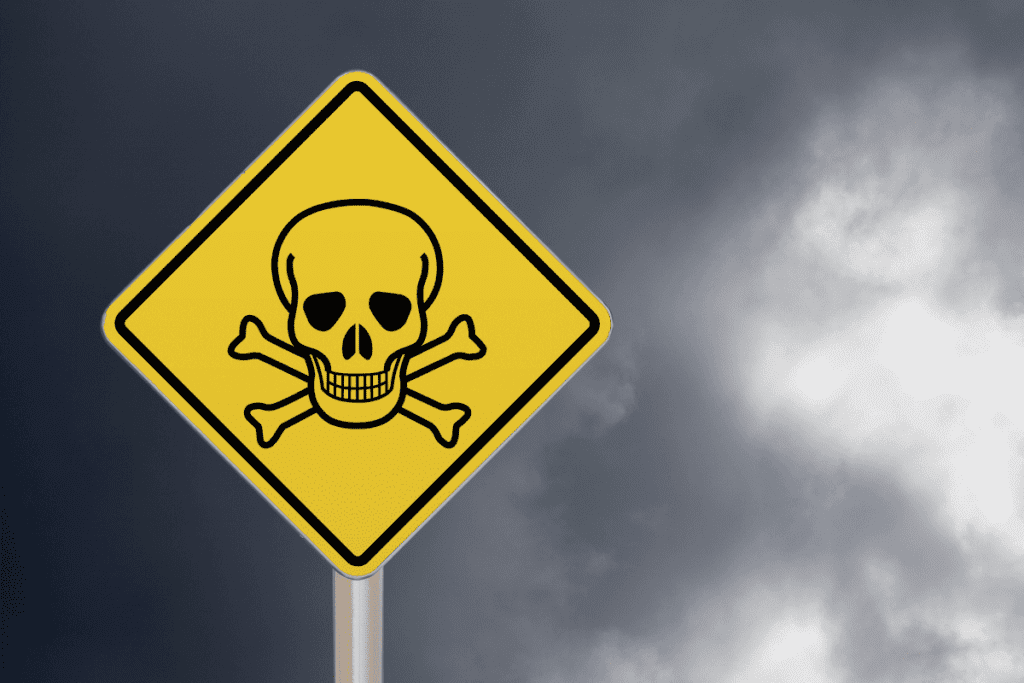ENVIRONMENTAL DEFENCE AND DEFEND OUR HEALTH
Environmental and health groups and doctors urge the company to disclose a timeline for action and call on Kraft Heinz to follow suit
Toronto, Ont. – The consumer food product giant General Mills has committed to eliminating a group of toxic chemicals known as phthalates from the packaging and processing equipment used for its popular mac ‘n’ cheese brand, “Annie’s Homegrown.”
Phthalates are used as plasticizers in packaging and equipment such as conveyor belts and plastic tubings used in the processing of food products, and have been shown to contaminate foods such as cheese powder. Phthalates are hormone disrupting chemicals and toxic to the reproductive system – exposure to them has been linked to a wide range of health problems including harm to brain development, breast cancer, ADHD, reducing testosterone production and altering thyroid function.
“Hormone-disrupting chemicals like phthalates should never be found in food products loved by children like boxed mac ‘n cheese,” said Muhannad Malas, Toxics Program Manager at Environmental Defence. “We congratulate General Mills for making this important commitment and call on Kraft Heinz to clean up the food processing equipment used in its market-leading Kraft Dinner to protect its customers from these toxic chemicals.”
In 2017, the New York Times reported that laboratory tests commissioned by public health advocates found phthalates in all ten samples of cheese powder found in macaroni and cheese products. These included two varieties of Annie’s Homegrown. On average the phthalate levels found were four times higher in cheese powder than in natural cheese, with no difference found between organic brands and conventionally sourced cheese.
“We applaud General Mills for its market leadership in asking its suppliers to eliminate these toxic chemicals from food processing equipment,” said Brandon Moore, U.S. national campaign director for Defend Our Health. “Next, General Mills should announce a public timeline for cleaning up its Annie’s supply chain and expanding its commitment to other Annie’s products and its many other brands. We also call on other processed food companies such as Kraft and Nestlé to match General Mills’ leadership commitment to toxic-free food.”
Although a growing number of food companies have ended the use of phthalates in food packaging, General Mills is the first to publicly commit to clean up its supply chain to require suppliers to eliminate phthalates in food processing equipment.
Food processing equipment, rather than packaging, is thought to be the major source of phthalates that enter our food. Phthalates have been found in 100 per cent of conveyor belts and 80 per cent of plastic tubing used for food processing, according to testing by scientists from the U.S. Food and Drug Administration (FDA).
“Phthalates pose significant health risks to children, especially from maternal exposure during pregnancy,” said Leo Trasande, MD, MPP, a pediatrics professor at New York University and co-author of a scientific statement on food contact chemicals for the American Academy of Pediatrics. “Eliminating all uses of phthalates in food contact materials remains a public health priority.”
Phthalates are not regulated in food contact materials in Canada due to a severely outdated toxics legislation, the Canadian Environmental Protection Act (CEPA) which the federal government promised several times to modernize, including in its 2020 Speech from the Throne. Contrary to the conclusions of other government agencies and independent scientists, Canada published its final assessment of 28 phthalates last December concluding that these chemicals are highly hazardous but did not meet the legal toxicity criteria to require regulatory action. Only one phthalate, DEHP, is listed as toxic under CEPA. The European Union, on the other hand, has banned most uses of phthalates in plastics that contact fatty food and infant food.
– 30 –
For more information or to request an interview:
Sarah Jamal, sjamal@environmentaldefence.ca
About ENVIRONMENTAL DEFENCE (www.environmentaldefence.ca): Environmental Defence is a leading Canadian environmental advocacy organization that works with government, industry and individuals to defend clean water, a safe climate and healthy communities.
About DEFEND OUR HEALTH (www.defendourhealth.org): Defend Our Health is a nonprofit public health organization working to create a world where all people are thriving, with equal access to safe food and drinking water, healthy homes, and products that are toxic-free and climate-friendly. Defend Our Health staffs the Toxic-Free Food campaign, a national coalition working to persuade the food industry to end the use of food contact chemicals of concern in food processing equipment, food packaging, and food service ware.





